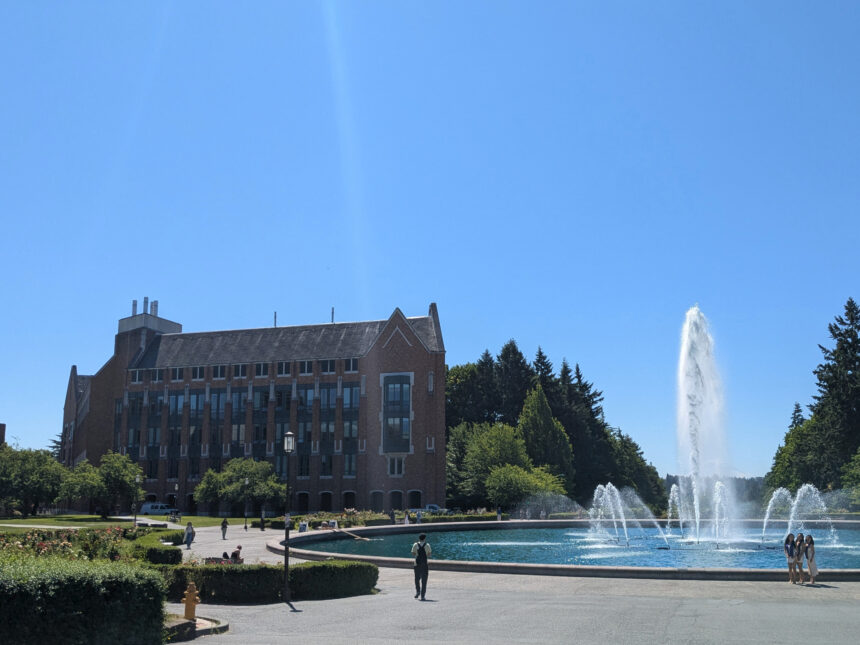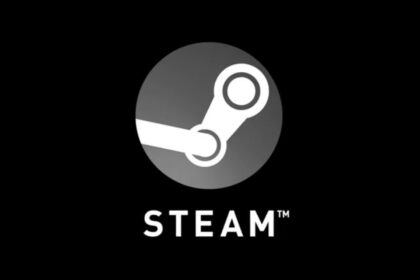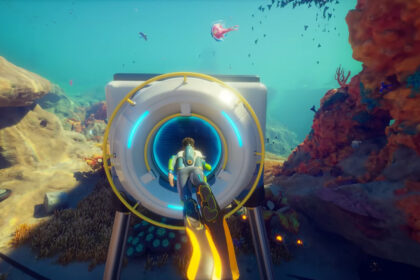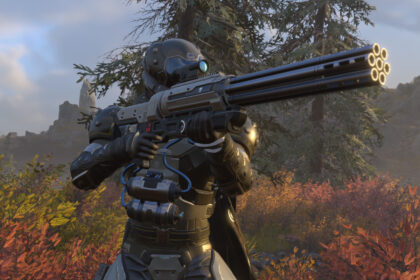The rapid adoption of artificial intelligence in the workplace has academic institutions wrestling with the question of how best to prepare the next generation of graduates for tech jobs, helping them land entry-level roles and bolstering them against the bots.
The issue is growing increasingly urgent as Microsoft’s recent layoffs carry the worrying subtext that AI is starting to replace employees, and Amazon CEO Andy Jassy bluntly warns that corporate headcount will shrink as generative AI takes hold.
The strategy at the University of Washington’s Paul G. Allen School of Computer Science & Engineering — the Pacific Northwest’s premier tech program — is to graduate nimble problem-solvers who understand computing fundamentals, said director Magdalena Balazinska.
“Coding, or the translation of a precise design into software instructions, is dead,” Balazinska said told GeekWire via email. “AI can do that. We have never graduated coders. We have always graduated software engineers.”
Generative AI tools like ChatGPT have fundamentally changed how people interact with technology, allowing users to accomplish complex tasks through conversational prompts rather than hand-crafted code. The technology has the potential to replace workers by automating routine tasks while existing employees become more efficient.
But Balazinska argues that the most demanding work remains distinctly human. “The hard problem is to precisely figure out what we want computers to do in order to accomplish some task,” she said. “That creative and conceptually challenging work is the true work of a software engineer.”
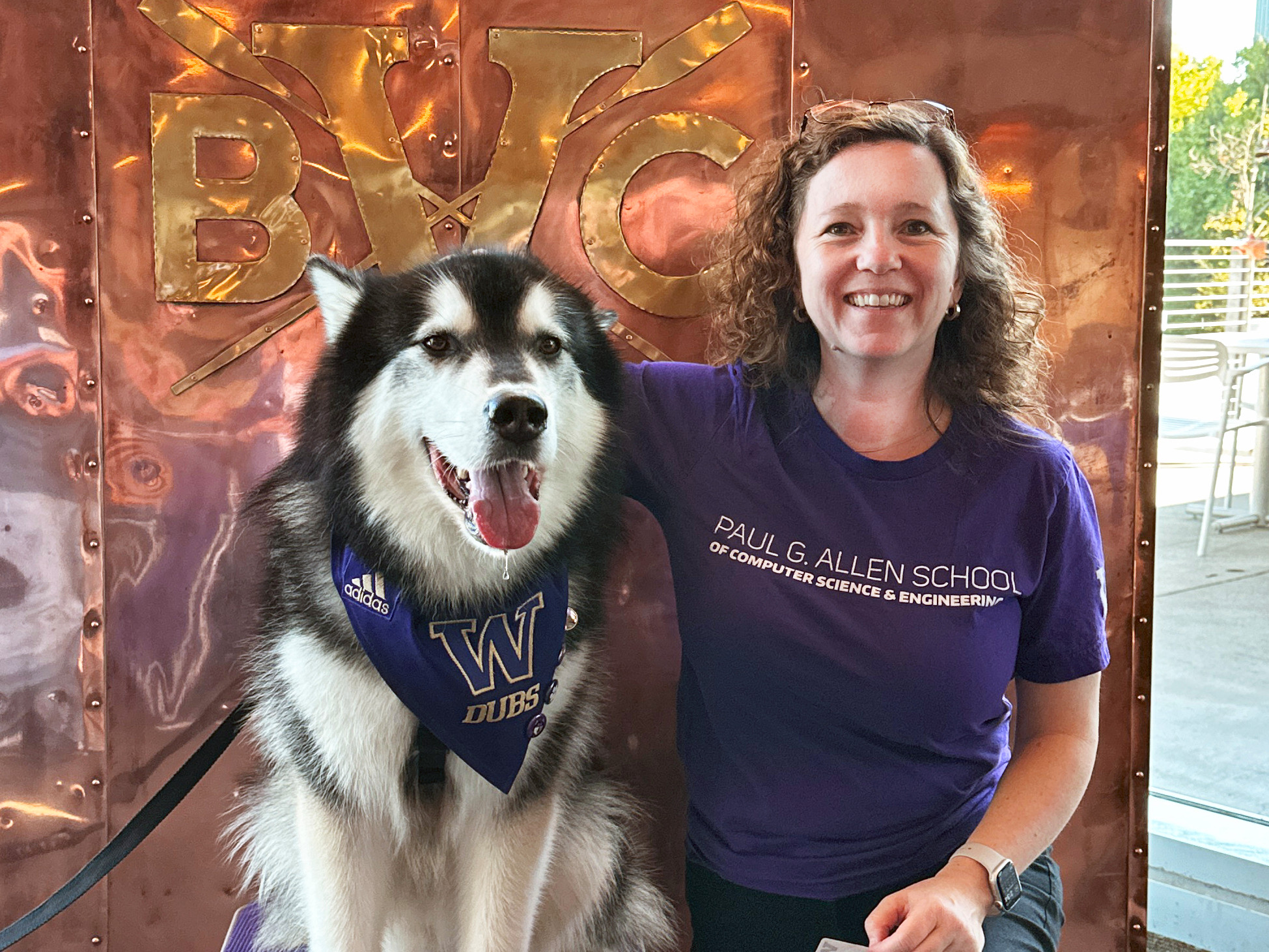
Learning alongside AI
Harshitha Rebala, who earned her computer science bachelor’s degree from the Allen School in June, experienced this new paradigm firsthand. Her coursework included classes in AI ethics and natural language processing, which is the foundation for the large language models (LLMs) that underpin generative AI technologies.
She was also allowed to use GPT tools in her assignments, a permission not granted at every university. Students were required to cite AI as a collaborator, just as they would credit input from a fellow student. It helped her tackle tricky software while learning how to use the AI assistants.
“After a really long day, if you’re stuck on the same bug over and over again, it’s really easy to just jump on and [say] ‘this is the bug I’m running into, do you have any advice?’” Rebala said. “And then you can just keep on going.”
Given the rapid pace of AI evolution, Allen School professors have been encouraged to experiment with AI integration in their curriculum and its use by students, Balazinska said, rather than mandating program-wide initiatives.
The school now is reflecting on lessons learned and will consider “coordinated changes to our curriculum,” she said.
Other top-tier institutions are taking similar steps. Carnegie Mellon University, for example, is convening faculty this summer to reflect on its approach to the technology, the New York Times reports.
Rebala appreciated her instructors’ honesty about the uncertainty ahead. “Having that transparency from your professor saying, ‘this is what I’m teaching you right now, but this field is moving so fast, and one day you could be the one making these big changes’ is pretty cool,” she said.
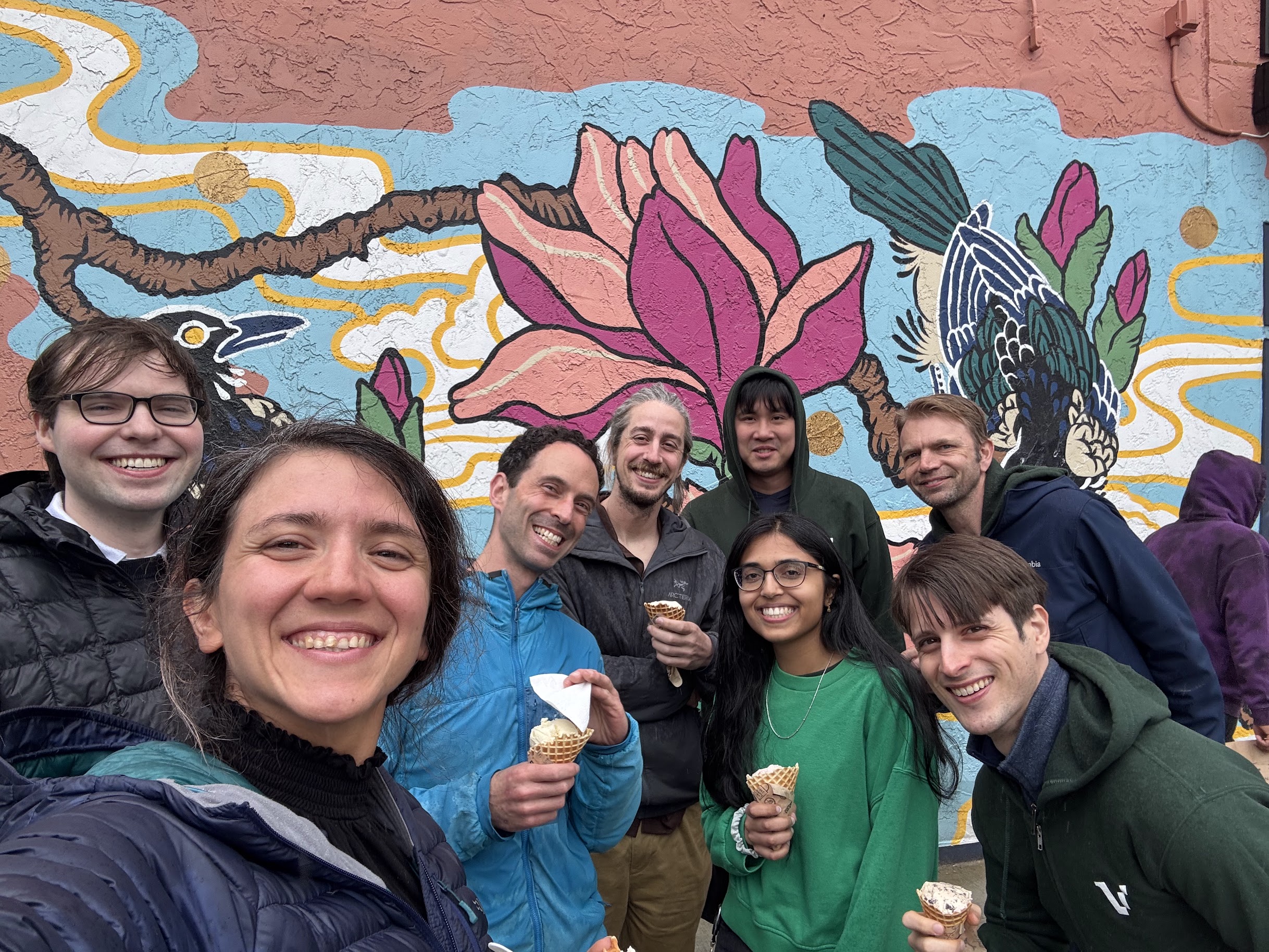
The job market reality
But worries persist about job prospects for computer science graduates, as well as their ability to retain positions in an uncertain market. Rebala acknowledged that “it is pretty hard out there right now,” though she didn’t want to speak for her entire cohort.
She was pleased to land a role as a technical staff member at Vercept, a Seattle startup founded by former Allen Institute for AI (Ai2) researchers that uses AI to automate repetitive tasks such as entering data, producing video content and organizing invoices.
Other Allen School grads took jobs at tech giants Amazon, Microsoft, Meta and Google, while some found spots at companies including Atalassian, Databricks, Jane Street, Oracle, Palantir, Uber, Visa and elsewhere.
Kiana Ehsani, CEO and co-founder of Vercept, said her company’s hiring criteria varies by role. For engineering positions, they’re looking for candidates familiar with AI frameworks, who understand how to implement models rather than solely relying on AI coding tools, and have deep technical knowledge.
But AI prowess isn’t the only box to check, Ehsani said.
“The most important quality, above all else, is curiosity and a genuine drive to learn,” she said. “That mindset often beats any specific technical skill.”
Read the full article here



